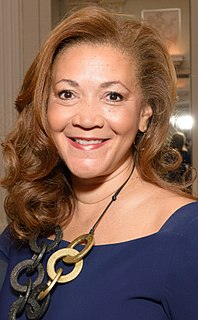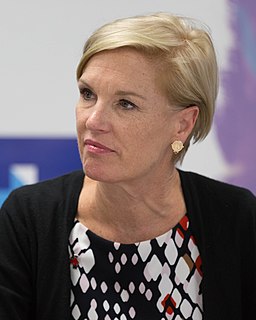A Quote by David Simon
Not only did this new pornography industry change the way men look at women and how we relate to sex, how we sell stuff, and not only did it change America's cultural landscape - it's also this incredible metaphor for a market-based economy. The great pyramid scheme that America has become. I felt like in were larger themes in terms of culture and economics that could be addressed.
Related Quotes
There seems to be something in the zeitgeist, and maybe it's a function of - I'm no analyst, nor am I a psychologist - when you look at things and say, What if I could go back and change things? I think we live in a world right now where people are asking those questions a lot. What if we could go back and change what we did? How would we change the way we handled things in the Middle East, and how would we change things with the banking industry, and how would we change economic and educational issues?
People came to America and they did not abandon their own cultures, but they assumed new ones, a new one, an American culture rooted in liberty and freedom that they had never enjoyed in their lives prior. They didn't have to sacrifice who they were. They didn't have to change or give it up, but they were eager to become Americans.
People don't care what men wear or how they look. Unfortunately for women, the music industry is very visual and objectifying. The objectification of our bodies and using our bodies to sell things needs to change. A lot of this marketing stuff comes from men, so we definitely need more women behind the scenes.
World War II vets in general didn't talk about their experiences. They believed there was something better and that they were going to prove to America what they could be and show America what it could be by being the change that they wanted. Like that Ghandi phrase "be the change that you want to see" but I think that it was also just a different culture. People didn't want to complain, whereas today if you go to the Starbucks and they mess up your order you might tweet about it. You know it's a different kind of culture.
The last thing the consumer index wants men and women to do is to figure out how to love one another: The $1.5 trillion retail-sales industry depends on sexual estrangement between men and women, and is fueled by sexual dissatisfaction. Ads do not sell sex--that would be counterproductive, if it meant that heterosexual women and men turned to one another and were gratified. What they sell is sexual discontent.
I have a big TV screen and I sit there and watch the Premier League and I get angry sometimes - 'I'm better than that guy sitting there.' Of course, I am joking. But I analyse. I look at it technically, how they play, how they defend, how they attack, why did he change that player? That's the only way I can look at it after all these years.
First, how do we give everyone a fair shot at opportunity and security in this new economy? Second, how do we make technology work for us, and not against us - especially when it comes to solving urgent challenges like climate change? Third, how do we keep America safe and lead the world without becoming its policeman?
Publishing is the only industry I can think of where most of the employees spend most of their time stating with great self-assurance that they don't know how to do their jobs. "I don't know how to sell this," they explain, frowning, as though it's your fault. "I don't know how to package this. I don't know what the market is for this book. I don't know how we're going to draw attention to this." In most occupations, people try to hide their incompetence; only in publishing is it flaunted as though it were the chief qualification for the job.
The backlash against women's rights would be just one of several powerful forces creating a harsh and painful climate for women at work. Reagonomics, the recession, and the expansion of a minimum-wage service economy also helped, in no small measure, to slow and even undermine women's momentum in the job market. But the backlash did more than impede women's opportunities for employment, promotions, and better pay. Its spokesmen kept the news of many of these setbacks from women. Not only did the backlash do grievous damage to working women C it did on the sly.



































